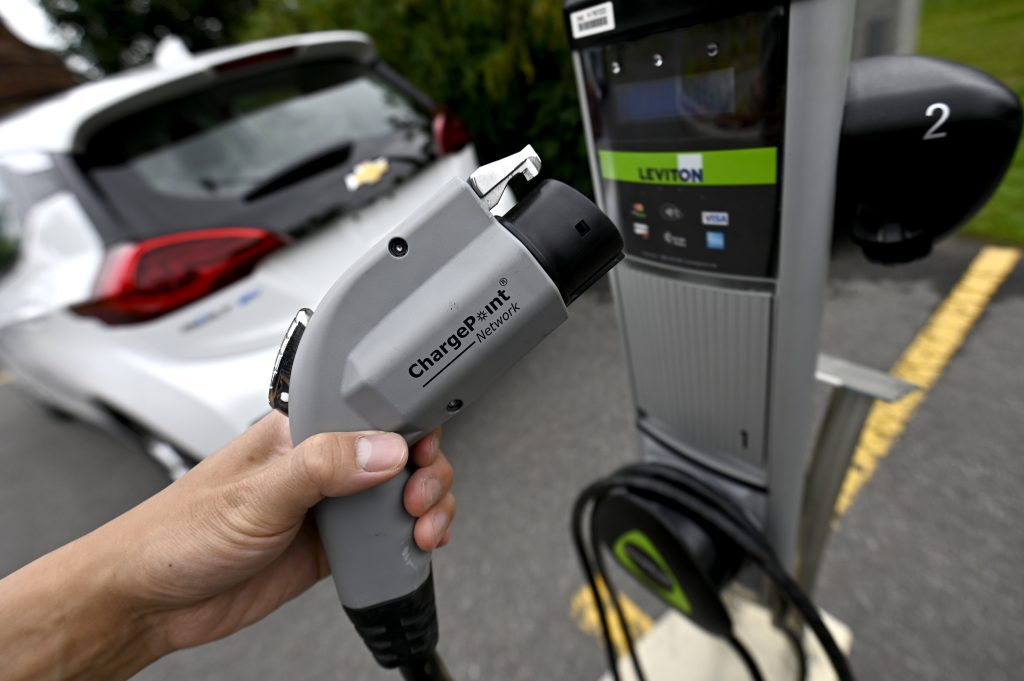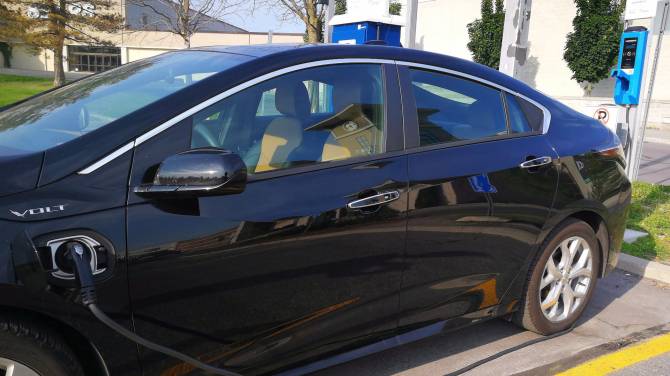The government of British Columbia will provide $30 million in additional funding to help build 500 new electric vehicle charging stations across the province.
The funding will include $80,000 for a new fast charging station, with a focus on locations like community centres, libraries, and highway rest stops.
Josie Osborne, the Minister of Energy, Mines and Low Carbon Innovation, stated that the new stations will prioritize addressing geographic gaps in the network and will focus on rural, northern, and First Nations communities to reduce range anxiety.
These new stations will join the approximately 5,000 existing fast charging stations in B.C.
This move comes as more people in British Columbia are becoming interested in electric vehicles.
Osborne mentioned that electric vehicles made up 23 percent of new light-duty vehicle sales in 2023, up from 18 percent the previous year.
The federal government has mandated that by 2035, all new light-duty vehicles must be zero emission, and B.C. has a similar target by 2040 to help combat climate change.
Currently, B.C. offers rebates of up to $4,000 on certain electric vehicles, while the federal government provides up to $5,000.
In 2023, a record 22,000 rebates were claimed by consumers in the province, according to Blair Qualey, president and CEO of the New Car Dealers Association of B.C.
Qualey acknowledged the increasing number of electric vehicles and emphasized the need for a growing charging infrastructure.
He stated that ongoing investment is necessary to keep up with the demand.
Robert Sparks, the government relations chair of the Vancouver Electric Vehicle Association, praised the focus on rural and remote communities as a positive step.
However, he expressed his group's desire for the electric vehicle charging infrastructure to be as accessible as gas stations.
He highlighted that the availability and reliability of electric charging are crucial for supporting electric vehicle adoption and reducing greenhouse gas emissions.
The province remains committed to its goal of providing charging coverage along highways and major roads by 2024 and aims to have a network of 10,000 public charging stations by 2030.





